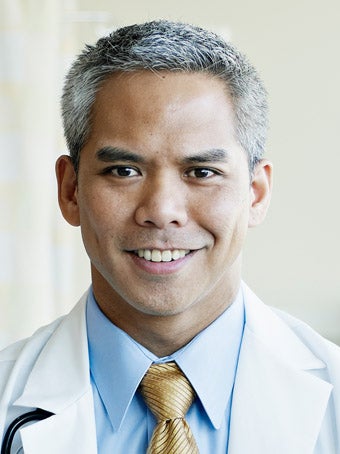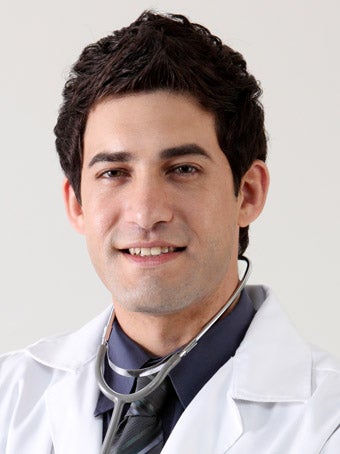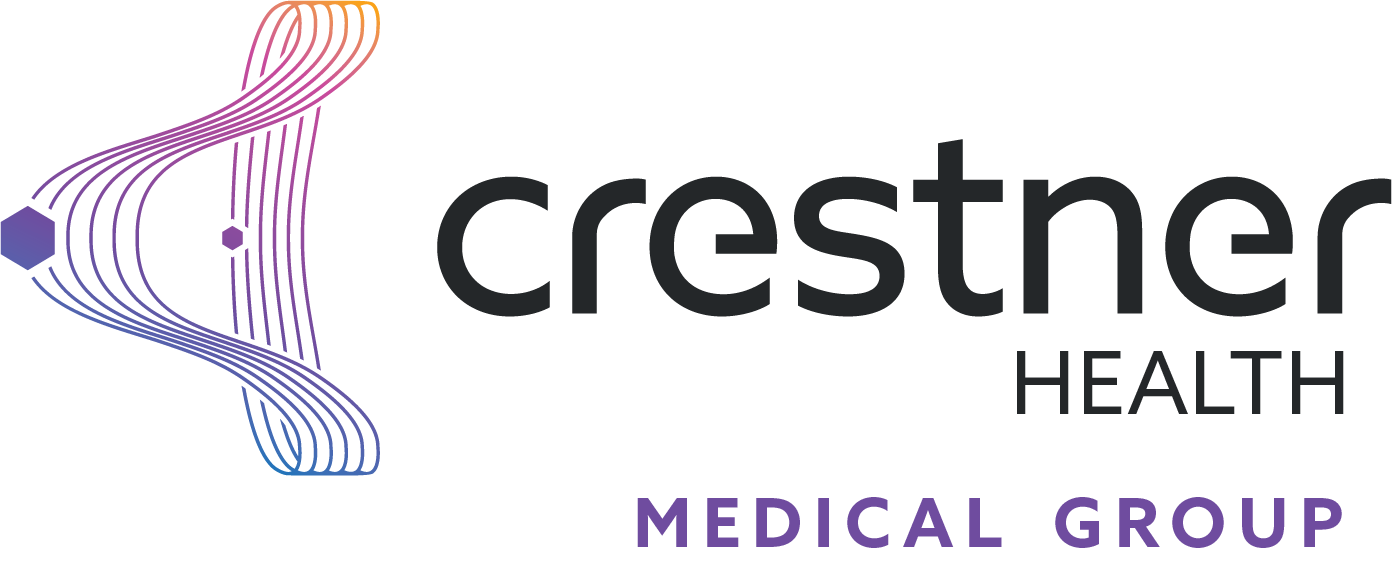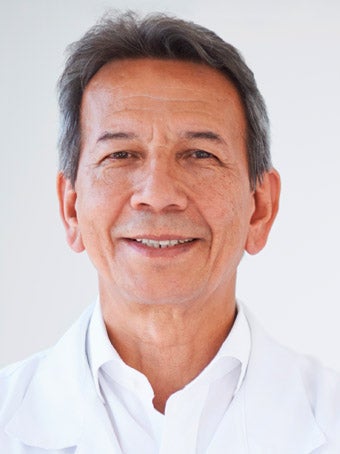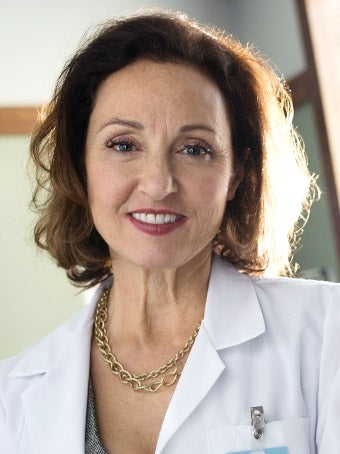There are various treatment choices for breast cancer. Which may work best for you? It depends on several factors. These include:
-
Type, size, and location of the tumor in your breast
-
Results of tests, such as hormone receptor and HER2 tests
-
If and how far the cancer has spread (stage)
-
Your age, overall health, menopause status, and breast size
-
Your personal needs and preferences
Learning about your treatment options
You may have questions and concerns about your treatment options. You may also want to know how you’ll feel and function after treatment, and if you’ll have to change your normal activities.
Your healthcare provider is the best person to answer your questions. He or she can tell you what your treatment choices are, how successful they’re expected to be, and what the risks and side effects are. Your healthcare provider may advise a specific treatment. Or he or she may offer more than 1 and ask you to decide which you’d like to use. It can be hard to make this decision. It is important to take the time you need to make the best decision for you.
Types of treatment for breast cancer
There are 2 main kinds of treatment for breast cancer:
-
Local treatments. These remove, destroy, or control cancer cells in 1 area of the body. Surgery and radiation are local treatments.
-
Systemic treatments. These destroy or control cancer cells throughout the whole body. Chemotherapy and hormone therapy are systemic treatments.
Treatments are often used together, most often with some type of breast surgery. This may be called combination therapy. Treatment given before surgery to help shrink the tumor and make it easier to remove is called neoadjuvant treatment. Treatment used after surgery to kill any hidden cancer cells that may be left in the breast is called adjuvant treatment. Even if there is no sign of cancer, your healthcare team may still suggest adjuvant treatment to help lower the risk that cancer may come back or spread.
Types of treatment for breast cancer
-
Surgery. Surgery is done to remove the tumor from your breast. Surgery is the most common way to treat breast cancer. In some cases, only the tumor is removed, and the rest of the breast is left intact. In other cases, the entire breast is removed. Your surgeon may also use surgery to see if the cancer has spread to the lymph nodes under your arm. Knowing if the cancer has spread can help you and your healthcare team make decisions about other types of treatment you may need after surgery. After a breast is removed, surgery may be used to reconstruct a breast. This can be done with either your own tissue or an implant.
-
Radiation therapy. This type of therapy uses high-energy X-rays to kill cancer cells. This treatment can be used to shrink a tumor before surgery. Or it may be used after surgery to kill cancer cells that may remain in the breast or chest area. Radiation may also be used to treat tumors in other areas of the body.
-
Chemotherapy. This treatment uses powerful medicines to kill cancer cells all through the body. It may be used to shrink a tumor before surgery. Or it may be used to kill any cancer cells that remain after local treatments. It's often used along with hormone therapy. Chemotherapy may also treat tumors that have grown in other places in the body. Breast cancer that has spread is usually treated with chemotherapy.
-
Hormone therapy. This treatment stops the growth of cancer cells that rely on certain hormones. It can be delivered in 2 ways. One way to get hormone therapy is with medicines, such as tamoxifen. Another way is by removing the ovaries, which make hormones. Hormone therapy may be used after surgery to decrease the chance of breast cancer coming back, or a new cancer growing. It can also be used to treat cancer that has spread. It’s sometimes used with chemotherapy.
-
Targeted therapy. This treatment uses medicines that target the changes in a cancer cell that make a tumor grow and spread. These medicines either destroy or slow the growth of cancer cells. The medicines tend to have fewer side effects that are less severe. The medicine trastuzumab may be used for some types of breast cancer. It targets the protein HER-2.
-
Immunotherapy. This treatment uses the body’s own immune system to help it recognize and attack cancer cells. Some types of breast cancer can be treated with immunotherapy. The medicine atezolizumab may be used in the treatment of advanced triple-negative breast cancer.
Clinical trials for new treatments
Research is ongoing to find more ways to treat breast cancer. These new methods are tested in clinical trials. Talk with your healthcare provider to find out if there are any clinical trials you should consider.
Talking with your healthcare providers
At first, thinking about treatment options may seem overwhelming. Talk with your doctors, nurses, and loved ones. Make a list of questions. Consider the benefits and possible side effects of each option. Discuss your concerns with your healthcare providers before making a decision.

